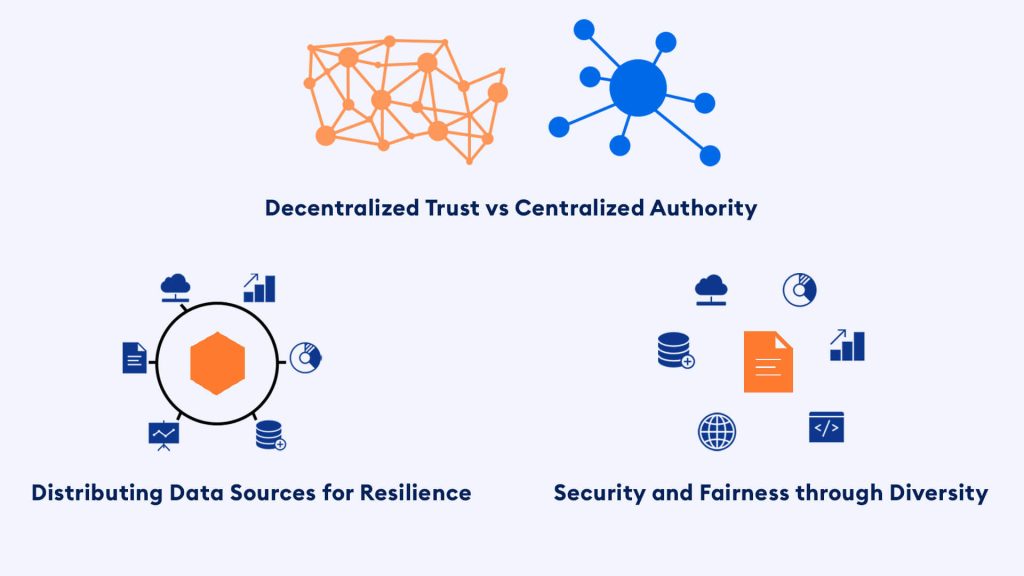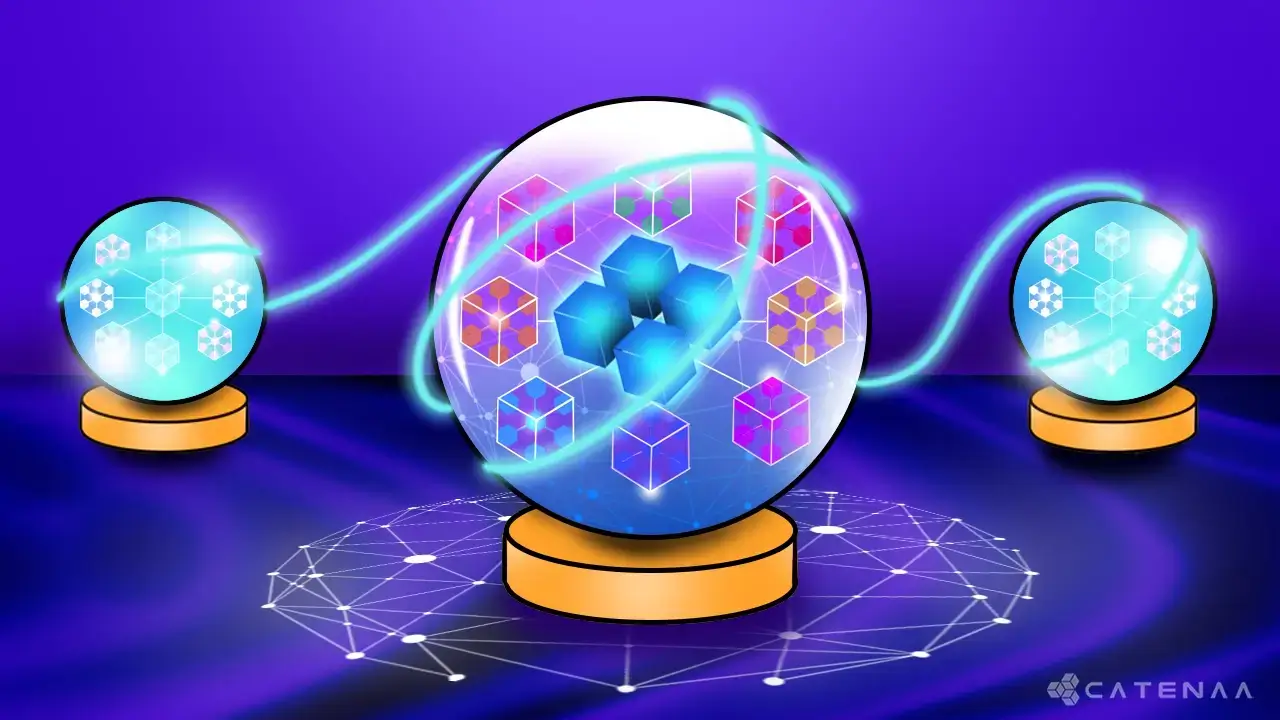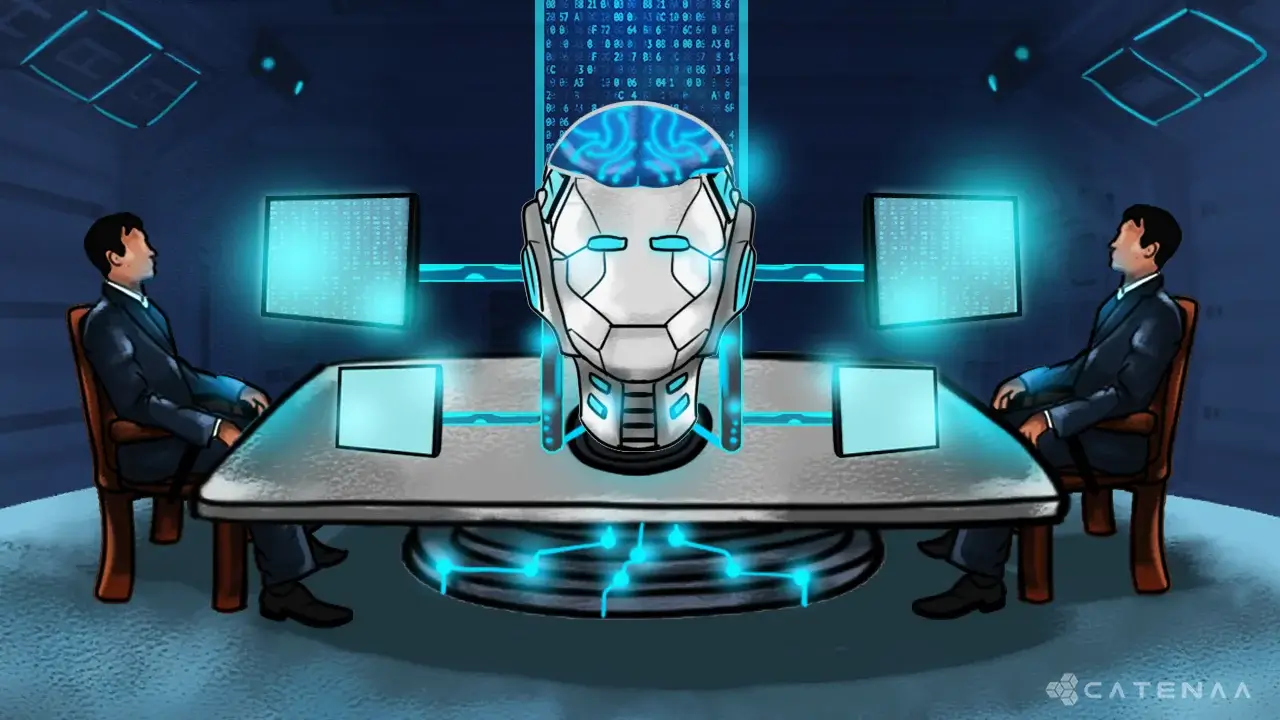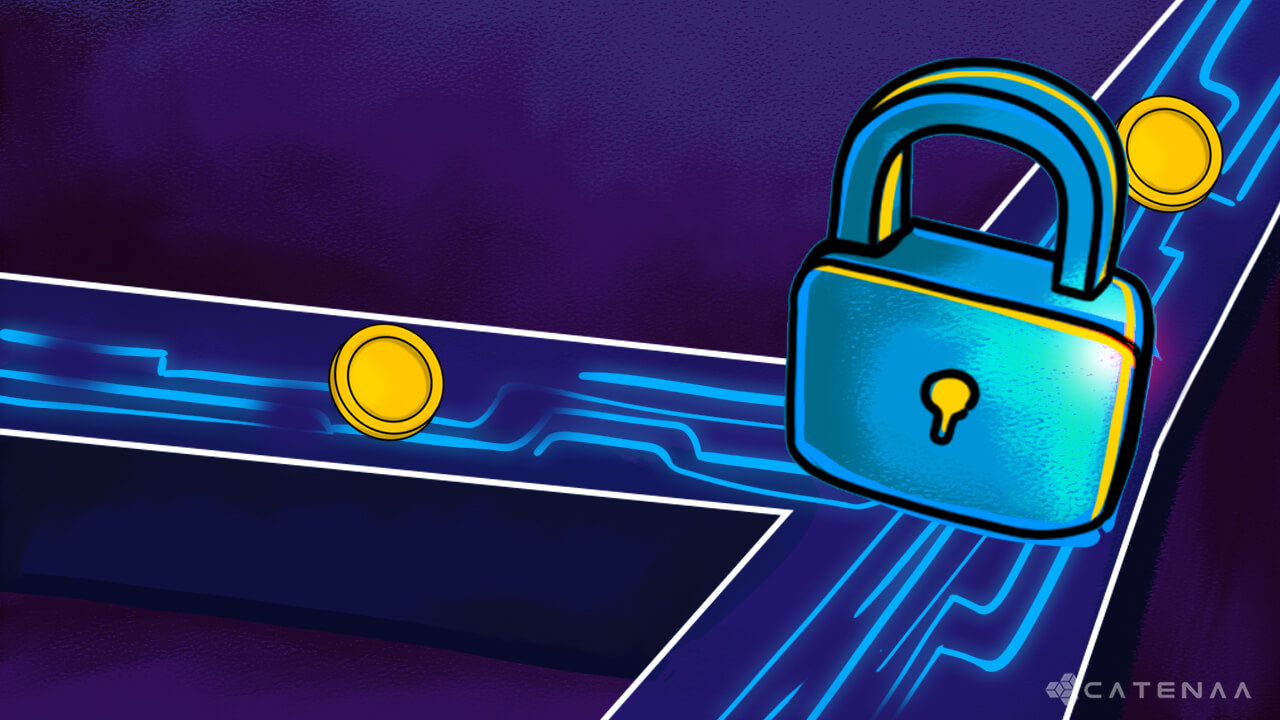What is a Blockchain Oracle?
Those who enjoy Greek mythology should be familiar with “Oracle.” Just like the oracles mentioned in ancient texts acted as a bridge between divine wisdom and the real world, blockchain oracles bridge real-world data to blockchain networks. In other words, oracles are lines of code that allow on-chain and off-chain environments to exchange data. Using oracles, blockchain networks can not only access real-world data, but they can also transmit on-chain data to the real world.
Why do Blockchains need Oracles?
Before understanding why blockchains need oracles, you need to understand two points. First up is the closed-off nature of a blockchain network. Blockchains can be compared to a computer without an internet connection; such a computer can only access the files stored on its hard drive; similarly, blockchains can only access the data on its on-chain environment.
The second point you need to understand is how smart contracts work. Smart contracts are simple programs that execute irreversible transactions under predetermined conditions. Some smart contracts require information that is not available on the blockchain network. For example, consider the scenario where X bets Y that there will not be any rain for the next three days. Since weather data is not locally available on the blockchain, an oracle is needed to feed the smart contract with the data required to make it functional.1
Now you should have a clear idea of why oracles are needed in blockchain ecosystems and the value they add to enhance blockchain utility.
The problem: Centralised oracles
Centralized oracles act as the sole provider of data to smart contracts, creating a single point of failure. This single point of failure is known as the oracle problem and goes against one of the core premises of blockchain, which is reducing risk through decentralization. For example, suppose a bad actor gains access to a centralized oracle feeding data to a smart contract. In that case, this smart contract can be compromised, and the original intention of creating the smart contract will not come to fruition.
Solving the Oracle problem: Decentralised oracles

Decentralized oracles provide blockchains with access to real-world data while preventing the creation of a single point of failure, thus solving the oracle problem. They accomplish this by using a distributed network of data sources, avoiding single points of failure.
Similar to how a blockchain network distributes trust among numerous network members, Decentralized oracles leverage many different data sources to provide a single price feed. Even if one of the data sources is compromised, the other sources will continue to provide untampered information.
Decentralized oracle networks can give smart contracts a higher level of security and fairness by utilizing various diverse data sources and constructing an oracle system that isn’t under the authority of a single entity.2
Types of oracles
- Inbound vs. Outbound oracles
As mentioned earlier, oracles are not a ‘one-way street.’ They can transmit information both ways. Depending on the direction of information transfer, oracles can be categorized as inbound and outbound oracles. If data from the real world is sent to a blockchain network, such oracles are known as inbound oracles. On the other hand, outbound oracles send on-chain data to the real world. - Software vs. Hardware oracles
This classification is done by comparing the data sources from which oracles provide data to the blockchain. Software oracles are the most common type of oracles, and they deliver data from digital sources such as websites, servers, or databases. However, more than digital and real-world physical data are needed for some use cases. This is where hardware oracles come in; they collect data from weather instruments, healthcare devices, motion sensors, and barcode readers. 3
Oracle use cases
- Defi
Decentralized finance protocols rely on oracles to provide real-time data to access financial data about markets and assets. Oracle networks also provide real-time on-chain data and events-based outcomes to ensure that decentralized apps (dApps) like insurance products, algorithmic stablecoins, financial derivatives, and prediction markets operate without hiccups. - NFTs
Oracles allow NFTs (Non-fungible tokens) to change their attributes based on external events such as the weather, time of day, or the outcome of a particular sporting event, giving birth to dynamic NFTs. - Cross-chain services
Since different blockchains operate in their own local environment, they need help exchanging data. Oracles can close this gap by providing interoperability between various blockchain networks. - Supply chain
Blockchain continues to revolutionize supply chains around the world, and oracles are an integral part of it. By providing accurate real-time data, organizations can quickly adapt to supply, demand, and market conditions, increasing efficiency.
Conclusion
In this day and age, data is considered one of the most valuable commodities on earth. Oracles are vital in allowing the smooth flow of this commodity between the real world and the world of blockchain. Lastly, oracles also play a significant role in increasing blockchain adoption.
- Why do blockchains need oracles: https://www.forbes.com/sites/digital-assets/article/why-do-blockchains-need-oracles/?sh=3e6ec8687569[↩]
- Chainlink: https://chain.link/education/blockchain-oracles[↩]
- Blockchain oracle a deep dive: https://www.blockchain-council.org/blockchain/blockchain-oracle-a-deep-dive/[↩]


